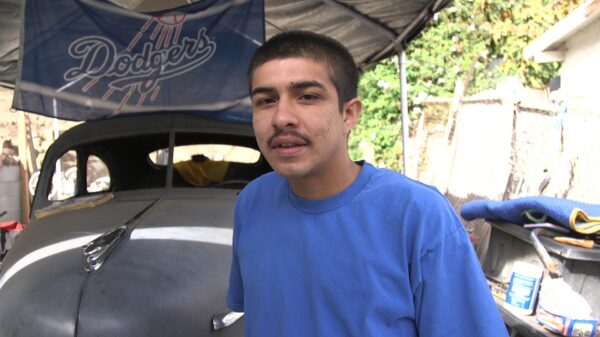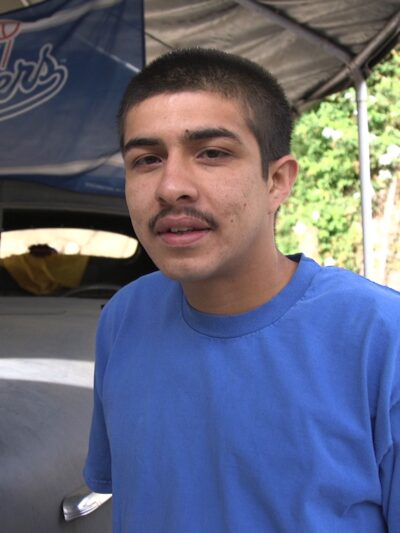Youth Justice Coalition v. City of Los Angeles
- Filed: 10/25/2016
- Status: Active
- Court: United States District Court, Central District of California
- Latest Update: Oct 25, 2016

Related News & Podcasts
Mar 23, 2018

LAPD Gang Injunctions Gave Cops a License to Harass and Control Black and Latino Residents
Peter Arellano's life changed when a Los Angeles Police Department officer handed him a piece of paper informing him that he was now subject to a "gang injunction." He could no longer visit his neighbors in their homes, drive to church with his family, ride his bike through the local park, or even stand in his own front yard with his father or brother. If he violated these terms, he could be arrested and jailed. Arellano, who has never been convicted of any crime, had effectively been placed on house arrest.
Stay Informed
Sign up to be the first to hear about how to take action.
By completing this form, I agree to receive occasional emails per the terms of the ACLU’s privacy statement.
By completing this form, I agree to receive occasional emails per the terms of the ACLU’s privacy statement.



